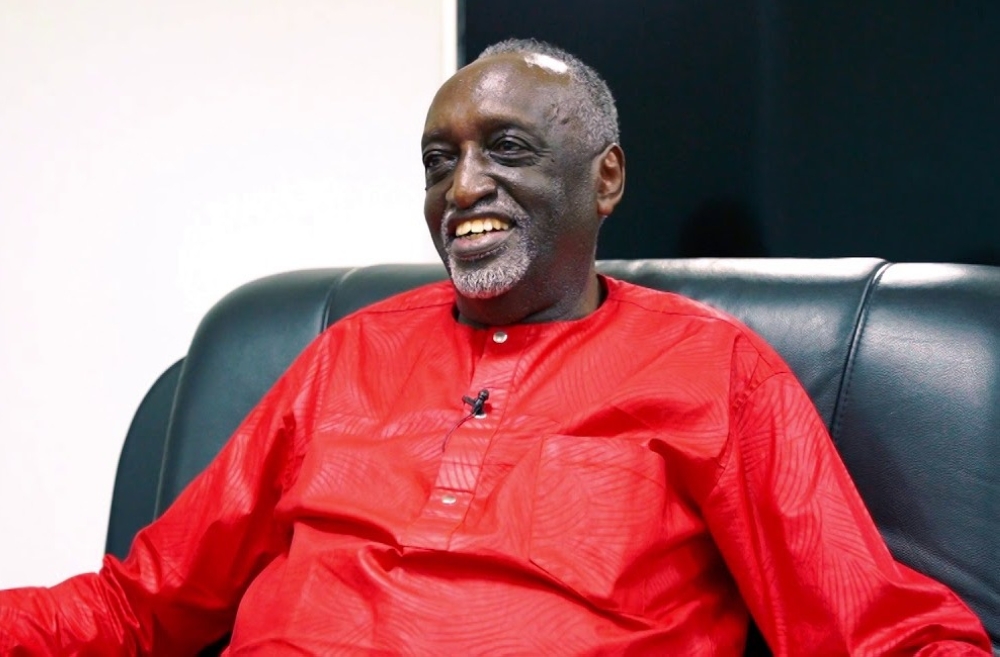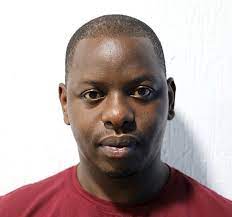

After the 1994 Genocide against the Tutsi, Rwanda embarked on having a united country. A new government was formed and made up of all political parties that didn’t take part in the Genocide. Politicians and intellectual who didn’t take part in the genocide were as well intergrated in the new government, the Chairperson of Rwanda Elders Advisory Forum, Tito Rutaremara stated in a twitter thread on August 16.
"The leaders of the central government institutions had to be appointed based on these political parties while technicians had to be selected through a competitive process. Members of the parliament included all people from all political parties fostering the unity of Rwandans,” he said.
ALSO READ: How can post-Genocide generation contribute to reconciliation and unity in Rwanda?
He stated that Rwandans had to independently elect their local government leaders, including council and executive committee members from the district to the village level, needed to be inclusive, encompassing all Rwandans, including girls, women, youth, teachers, medical personnel, and others.
"The principle of unity among Rwandans was instilled throughout every campaign, educating people across all communities and demographic groups, ranging from schools at every level, from primary to university, to churches and all government institutions," he explained.
Within the education sector, Rutaremara highlighted that the government implemented an examination system in which promotions were based on merit, reflecting the best performance of individuals rather than any form of discrimination.
He emphasized the importance of teaching authentic Rwandan history in schools, noting that the Ndi Umunyarwanda programme was integrated into the education systems of all Rwandans and institutions. This initiative aimed to forge a national identity and nurture a Rwandan community founded on trust and unity.
ALSO READ: Ndi Umunyarwanda lauded for reconciliation efforts
"All institutions were tasked with teaching unity and government-established institutions had to monitor to ensure effective implementation,” he said.
These institutions that were in charge of monitoring unity and reconciliation, included National Unity and Reconciliation Commission (NURC), the National Commission for the Fight against Genocide (CNLG) as well as non-government institutions, associations, private sector institutions with spirit to promote and teach national unity and reconciliation.
"The government introduced socio-economic, leadership, justice and good governance projects with focus on building unity of Rwandans. The projects include one cow per family programme, shelter for the vulnerable, education for all, community-based health insurance scheme among others aimed to cover all Rwandans,” he said.
ALSO READ: Girinka Programme transforms livelihoods, reconciles communities
According to Rutaremara narration, Gacaca Courts system enabled to build unity among Rwandans and managed to judge those who committed genocide against the Tutsi.
"Under Gacaca Courts system, Rwandans judged the cases on their own and laid out sentences to genocide perpetrators, they forgave those who deserved it,” he noted saying that both public and private institutions had to supervise the mechanism implementation.
He said the interim government of unity abolished all activities and education that used to destroy unity among Rwandans.
"The government abolished identity cards that used to discriminate against Rwandans and all sayings that were sowing division among the people. Admission of students in schools based on ethnicity and region was also abolished,” he said.
He witnessed that the meetings that were held in Village Urugwiro from 1998 to 1999 to pave the way for moving from the interim government always comprised ministers, members of parliament, representatives of political parties, judiciary representatives, faith-based organizations, NGOs, opinion leaders, representatives of former political parties, academicians and others that were needed in dialogues.
"These meetings had to bring different people to the table and which shows how the unity of Rwandans was put at heart of the interim government,” he added.


